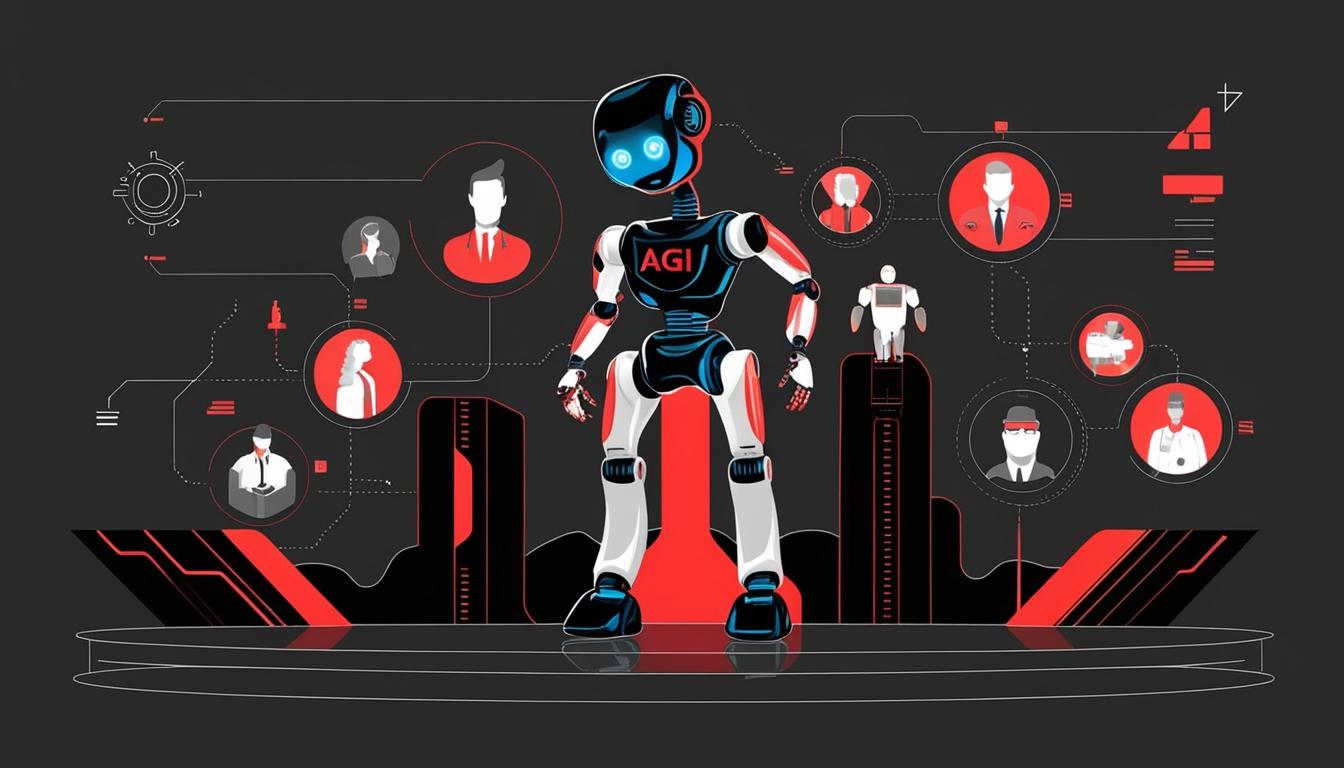In a significant forecast for the future of work, Sam Altman, the CEO of OpenAI, has stated that artificial general intelligence (AGI) is poised to enter the workforce by 2025. In his recent blog post titled "Reflections", Altman indicated that the introduction of AI agents could fundamentally alter productivity and the operational output of companies.
Altman outlined that these AI agents would take on complex tasks autonomously, potentially transforming sectors like customer service and research. His confidence in the capabilities of OpenAI to develop AGI marks a pivotal moment in the ongoing discussion about the integration of AI into professional environments. "We are now confident we know how to build AGI as we have traditionally understood it," Altman wrote. He added that 2025 may be the year when these AI entities begin to reshape the job landscape significantly.
Reports from Finbold, utilising insights from advanced AI models including OpenAI's o1 Pro and xAI's Grok 2, have identified several professions expected to be most affected by these developments. The first job category identified is customer support and call center roles, where advanced large language models could handle routine queries and troubleshoot issues effectively. Additionally, both models highlighted data entry and basic administrative positions as vulnerable, citing their repetitive nature as ideally suited for automation.
Moreover, content production, particularly for tasks such as basic marketing copy and short-form articles, is anticipated to undergo transformation. While human creativity may still be required for nuanced work, AI text generators are already capable of producing satisfactory results for straightforward writing tasks, likely reducing the demand for entry-level positions in content creation.
Interestingly, Grok 2 also pointed out that translators and interpreters could see substantial impacts due to advancements in real-time translation capabilities. Automation in this area is advancing rapidly, with AI poised to outperform human translators in speed and efficiency.
Despite the optimism presented by Altman, his predictions have not gone unchallenged. Critics, including prominent AI figure Gary Marcus, expressed skepticism regarding the timeline and feasibility of such groundbreaking advancements, suggesting that the statements may be overly ambitious. Marcus commented, "We are now confident that we can spin bullshit at unprecedented levels, and get away with it," reflecting broader concerns regarding the implications of AGI development and its potential consequences for the workforce.
The potential significance of AGI extends beyond just efficiency; it raises questions regarding its economic implications. Altman himself acknowledged the risks of widespread job displacement, proposing the idea of universal basic income as a response to the economic shocks that may follow the widespread implementation of AI agents in workplaces.
As the business landscape anticipates the introduction of AGI and AI automation over the next two years, industries will need to navigate the balance between enhanced productivity and the implications of evolving job roles. The insights gathered from both OpenAI's o1 Pro and xAI's Grok 2 accentuate the urgency for businesses and workers alike to prepare for the wave of changes that AI technologies promise to bring.
Source: Noah Wire Services
